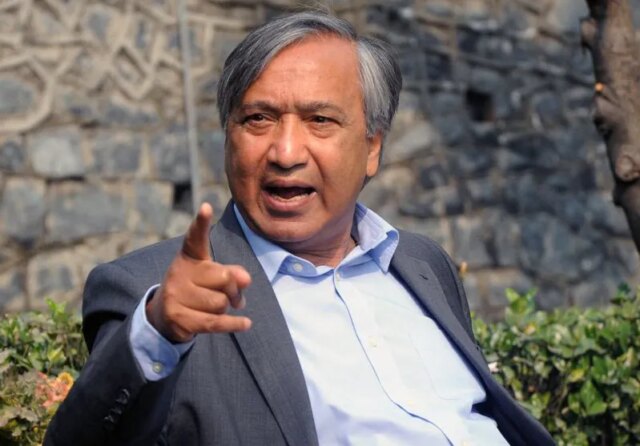Srinagar, Oct 28: CPI (M) MLA from Kulgam, Muhammad Yusuf Tarigami, on Tuesday, moved the Jammu and Kashmir Lokayukta (Anti-Corruption) Bill, 2025, in the Legislative Assembly but the government said that the proposal was not feasible under the Union Territory status of J&K.
The Bill seeks to establish an independent body to deal with complaints of corruption against public functionaries, including legislators.
As per the Bill, the Lokayukta would function as an independent authority to inquire into allegations of corruption and maladministration, promote transparency, and redress citizens’ grievances.
It aims to replace the J&K Accountability Commission Act, 2002, which was repealed following the reorganisation of the erstwhile State in 2019.
The proposed institution would have powers similar to the national-level Lokpal, including the authority to conduct investigations and recommend action against erring officials, legislators, and other public representatives.
Explaining the purpose of the Bill, Tarigami said that the objective was to strengthen mechanisms of accountability and restore public faith in governance.
“The Lokayukta’s primary function is to inquire into allegations of corruption against public servants and to redress citizens’ grievances regarding administrative faults. Once appointed, a Lokayukta cannot be dismissed or transferred by the government except through an impeachment motion by the Legislative Assembly,” he said.
Tarigami said that such institutions were vital for ensuring transparency and credibility in public life.
“I understand that J&K is a Union Territory and we are functioning within that framework. My only request is that there are different investigating bodies, Lokpal, Lokayukta, and others, each functioning as separate institutions. There may be some difficulties within their systems, as I have already mentioned,” he said.
Responding to the proposal, Chief Minister Omar Abdullah said that Section 63 of the Lokpal and Lokayuktas Act, 2013, envisages such institutions for States, and hence, the Bill cannot be entertained under the Union Territory status.
“As a Union Territory, we fall entirely under the jurisdiction of the Government of India and its laws. The Prevention of Corruption Act applies to everyone. There are investigating agencies like the CBI, the Enforcement Directorate, and others. These laws apply to legislators, former legislators, and ordinary citizens,” CM Omar said, adding that institutions like the Accountability Commission could be reconsidered once statehood is restored.








